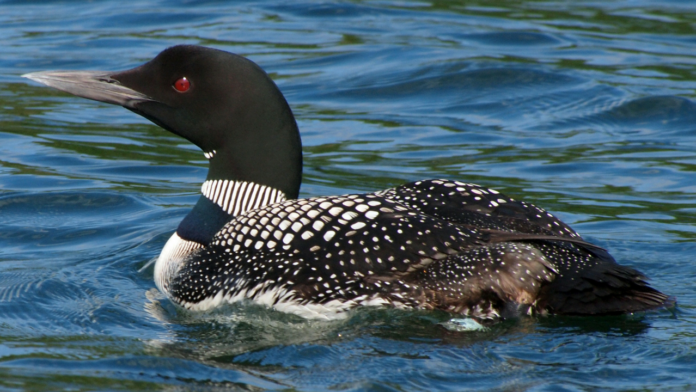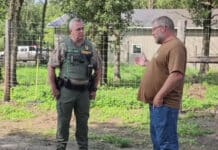ST. PAUL, Minn. – Minnesota naturalists are asking for some of the BP oil spill settlement in order to help the loon population in Minnesota.
According to the Minnesota Department of Natural Resources (DNR), scientists have been looking into a connection between the BP oil spill which occurred in the Gulf of Mexico in 2010 and the loon population in Minnesota.
The migration of Minnesota’s loons to the Gulf of Mexico sparked this interest amongst scientists, who did testing on whether or not the birds’ blood contained any of the petroleum spilled from BP or the chemicals used to disperse the oil. Tracking collars placed on the birds confirmed the loons were in the affected area of the BP spill from 2013-2016 (period during which the research was being conducted).
Scientists discovered birds had oil not only in their feathers, but also in their blood and eggs. While scientist have established that the birds were affected by the oil spill, they have yet to determine whether or not the oil will have long term health effects.
Naturalists are hoping that the U.S. Fish and Wildlife Service will grant Minnesota $6 million of BPs settlement with the U.S. government following the spill. The full settlement totaled $18 billion. Minnesota environmental officials hope to use the funding for a 15-year loon remediation plan. As part of this plan, naturalists hope to restore shoreline habitats where the birds nest and to help maintain the cisco population, a type of fish, which is major part of the loons diet.
Another major threat facing loons recently is botulism, a bacterial food poisoning, which has already killed 9,000 loons nesting on the Great Lakes. A United States Geological Society study believes that the birds are being infected by their consumption of invasive species, such as zebra mussels, which may be carriers of botulism.
Loons have been a federally managed resource since 1996, meaning that the U.S. government and public are fully responsible for the well-being of the species.

















